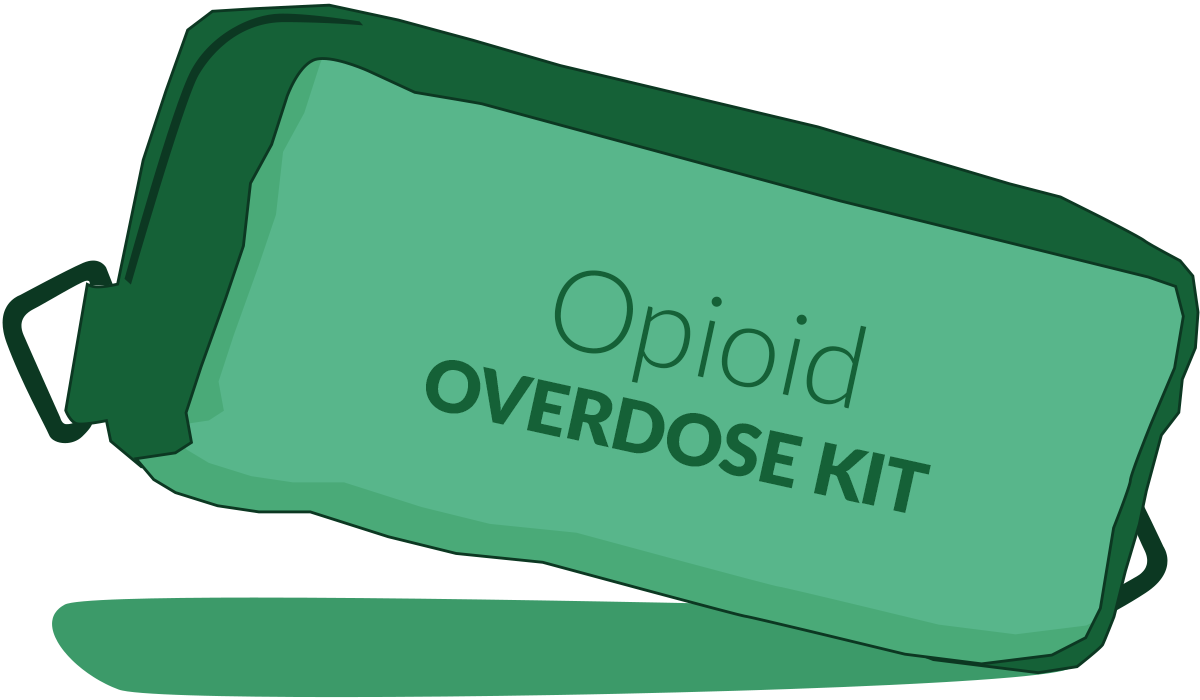Developmental disabilities: youth & teens
Beginning around age 14, is it important that families of children with developmental disabilities start the process of transitioning to adulthood. This includes activities such as age-appropriate transition assessments, setting measurable postsecondary goals and planning an eventual career path. Through support from the Stark County Board of Developmental Disabilities, learn ways to set your child up for success and independence in adulthood.
- Guardianship
Guardianship is established when a person with functional needs is no longer able to maintain control over their own decisions. Because this is a legally binding process, it should only be considered as a last resort. Explore alternatives to guardianship and learn about ways to protect the rights of Stark County residents with disabilities.
Read more - Developmental Disabilities Family Support
Caring for a child with developmental disabilities can be a significant financial and emotional challenge. Stark Help Central has gathered together some of the most common resources to help you provide the care your child needs. From transportation and child care to cash, food and employment support, learn about the resources available to you. For…
Read more Emergency - Financial support: developmental disabilities
People with developmental disabilities face unique challenges as they strive to build independent and fulfilling lives. If you or someone you know has a qualifying disability, there are many assistance programs and services available to help you support yourself financially. Learn about your options to help along your journey toward financial stability.
Read more - Health care support
All residents should have access to safe and effective health care, regardless of age or income. If you are a teen, young adult or the parent of a young child, affordable, quality care is within your reach. Get the medical, dental, prescription or mental health coverage you need for a happy and healthy tomorrow.
Read more - Mental health service providers
Are you ready to seek treatment for a mental health condition? We know there are many reasons why reaching out for support might not be the easiest choice. But we also know it’s one of the best decisions you can make for your emotional wellness. And now there are alternatives to meeting with a counselor…
Read more - Respite care
Primary caregivers for anyone from children with special needs to senior citizens sometimes need short-term relief. Find respite care near you.
Read more - Special education services
Every child with developmental disabilities has a right to receive a free, appropriate, public education in the least restrictive environment possible. Learn how school districts across Stark Country are supporting students with functional needs through a variety of educational programs and services.
Read more



